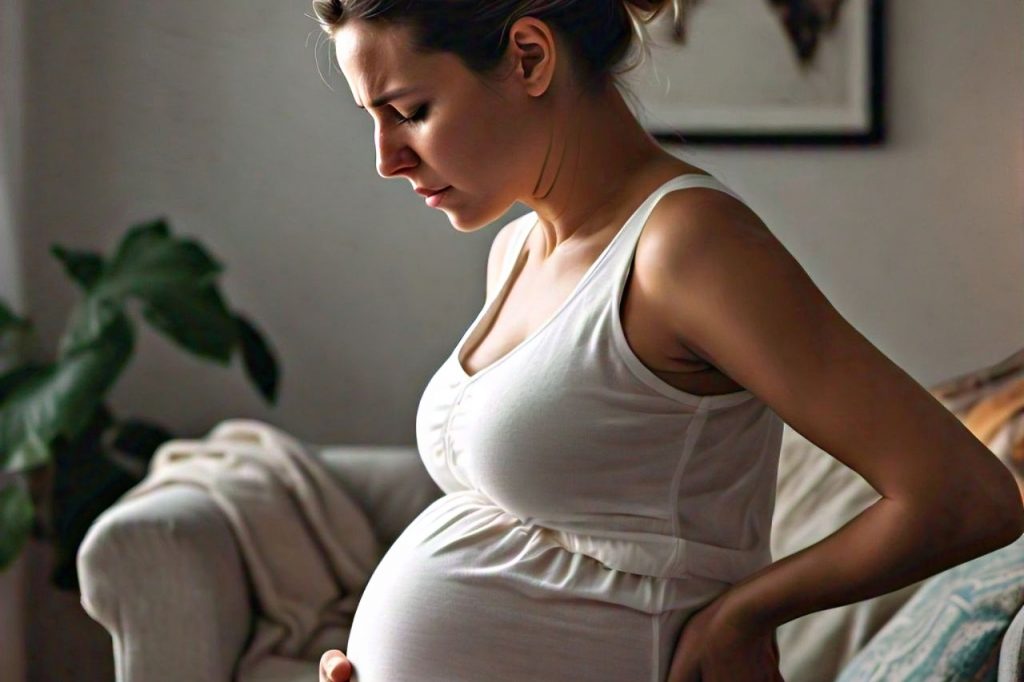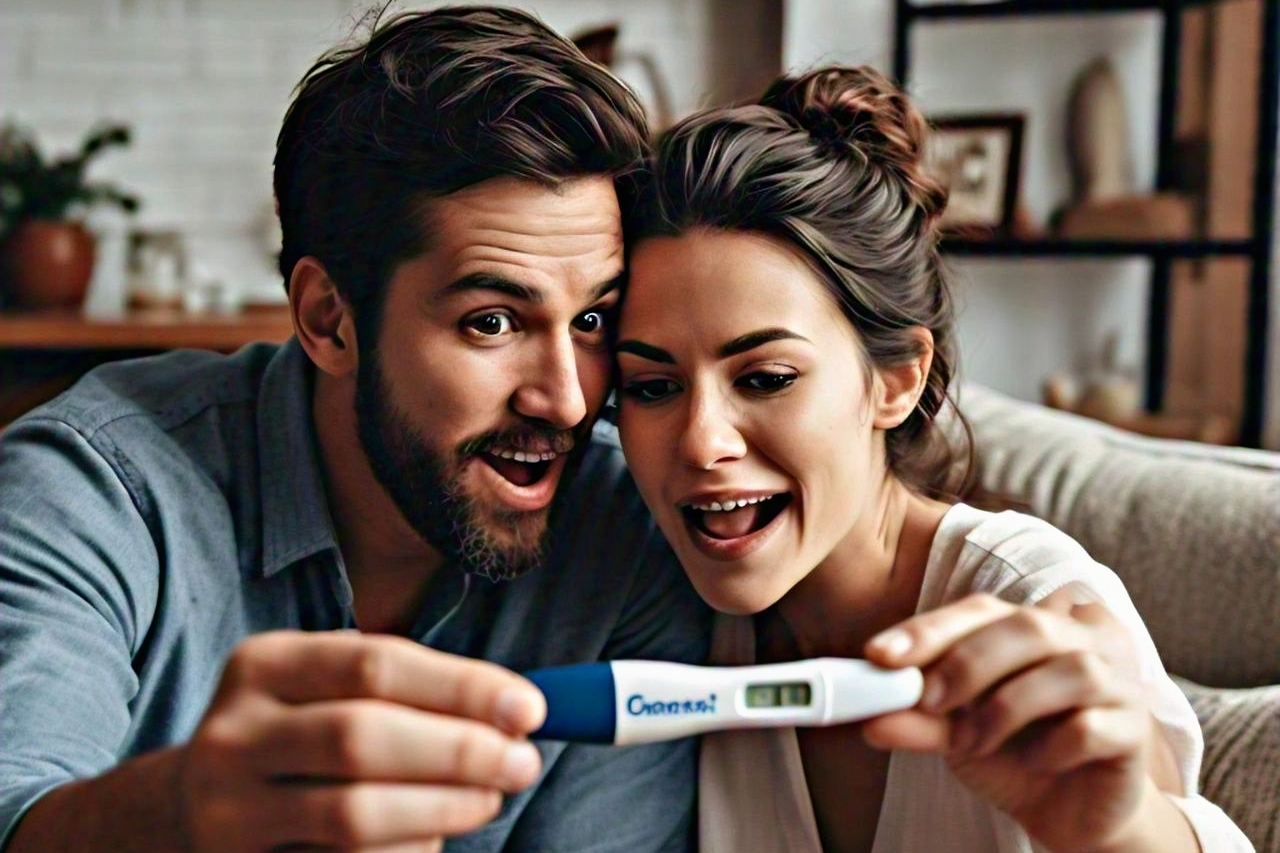Becoming a parent is a life-changing milestone that requires planning and preparation. For couples eager to embark on this journey, understanding the best time to get pregnant is vital. Conception is not merely about timing; it involves a combination of physical health, emotional readiness, and a deep understanding of fertility. This article provides a unique perspective on how to determine the optimal time to conceive, offering insights that are both practical and inspiring.
The Science Behind Conception
To fully grasp the best time to get pregnant, it’s essential to understand how conception occurs. Pregnancy begins when a sperm successfully fertilizes an egg, creating an embryo that implants into the uterus. This process hinges on a delicate balance of hormones and a well-timed union of sperm and egg.
- Egg Viability: Once released during ovulation, an egg remains viable for 12-24 hours.
- Sperm Longevity: Sperm can survive in the female reproductive tract for up to five days, waiting for an egg to appear.
This narrow window of opportunity highlights the importance of timing intercourse correctly to maximize your chances of conception.
Identifying the Best Time to Get Pregnant

The best time to get pregnant lies within your fertile window, a span of days leading up to and including ovulation. Here’s how to pinpoint it:
- Track Your Menstrual Cycle:
Knowing the length and regularity of your cycle helps estimate when ovulation occurs. In a standard 28-day cycle, ovulation typically happens around day 14. - Monitor Ovulation Symptoms:
- Cervical mucus becomes clear and stretchy, resembling egg whites.
- Some women experience a slight twinge or cramping known as mittelschmerz during ovulation.
- Use Ovulation Predictor Kits (OPKs):
These kits detect a surge in luteinizing hormone (LH), which occurs 24-36 hours before ovulation. - Chart Basal Body Temperature (BBT):
BBT rises slightly after ovulation. Regular tracking can help you identify patterns and anticipate your fertile days.
Beyond Ovulation: The Role of Overall Health
Understanding the biological aspect of fertility is just one part of the puzzle. Optimizing your health ensures that your body is ready to support a pregnancy.
- Maintain a Balanced Diet:
A diet rich in whole foods, lean proteins, and essential vitamins supports reproductive health. Folic acid, in particular, is crucial for preventing neural tube defects in early pregnancy. - Stay Physically Active:
Regular exercise enhances blood flow and regulates hormones. However, avoid excessive high-intensity workouts, which can disrupt ovulation. - Manage Stress:
Chronic stress can interfere with ovulation and reduce sperm quality. Incorporate relaxation techniques like yoga, meditation, or journaling into your daily routine. - Limit Harmful Substances:
Avoid smoking, excessive alcohol consumption, and recreational drugs, all of which can impair fertility. - Get Adequate Sleep:
Poor sleep patterns can affect hormonal balance and fertility. Aim for 7-9 hours of quality sleep per night.
Emotional Readiness and the Best Time to Get Pregnant

Timing isn’t just about biology; emotional and mental preparedness are equally important. Starting a family involves significant lifestyle changes, financial considerations, and shifts in priorities. Before trying to conceive, have open discussions with your partner about:
- Parenting goals and responsibilities.
- Financial stability and career plans.
- Emotional resilience for potential challenges, such as delays in conceiving.
When both partners feel aligned and ready, it creates a supportive environment for welcoming a child.
Factors That Influence the Best Time to Get Pregnant
While fertility peaks during a woman’s 20s and starts to decline in her 30s, every individual is unique. Factors that can impact the best time to get pregnant include:
- Age:
- Women in their 20s have the highest fertility rates, with a 25-30% chance of conceiving each cycle.
- By the mid-30s, this drops to about 15-20%.
- After age 40, natural conception becomes more challenging due to reduced egg quality.
- Underlying Health Conditions:
Conditions like polycystic ovary syndrome (PCOS), endometriosis, or thyroid disorders can affect ovulation and fertility. Early diagnosis and treatment can improve your chances of conceiving. - Male Fertility:
Male factors contribute to about 40-50% of infertility cases. A healthy sperm count, motility, and morphology are essential for successful conception.
Tips for Maximizing Your Chances of Conception
To make the most of the best time to get pregnant, consider these practical tips:
- Frequency of Intercourse: Aim for every 1-2 days during your fertile window to ensure a constant supply of healthy sperm.
- Preconception Checkups: Schedule appointments with your healthcare provider to address any concerns and ensure you’re physically ready for pregnancy.
- Take Prenatal Vitamins: Begin taking a prenatal supplement with folic acid at least three months before trying to conceive.
- Stay Hydrated: Proper hydration supports cervical mucus production, aiding sperm transport.
Dealing with Challenges in Conception

If you’ve been trying for six months to a year without success (depending on your age), consult a fertility specialist. Common evaluations include:
- Hormone level testing.
- Imaging studies like ultrasounds to assess reproductive organs.
- Semen analysis for male fertility factors.
In some cases, assisted reproductive technologies (ART), such as in vitro fertilization (IVF) or intrauterine insemination (IUI), may be recommended.
When Is the Best Time to Get Pregnant After Birth Control?
The time it takes for fertility to return after stopping birth control varies:
- Hormonal Pills: Most women resume ovulation within 1-3 months.
- IUDs and Implants: Fertility typically returns immediately after removal.
- Depo-Provera Shots: It may take 6-12 months for ovulation to normalize.
Tracking ovulation post-contraception can help you identify your personal best time to get pregnant.
Final Thoughts: Your Unique Journey

Every couple’s path to parenthood is different, and understanding the best time to get pregnant is a vital step in this journey. By combining knowledge of your menstrual cycle with healthy lifestyle choices and emotional readiness, you can create the perfect conditions for conception.
If challenges arise, remember that modern medicine offers numerous solutions to support your dream of having a child. Stay hopeful, patient, and proactive as you embrace this exciting chapter of life.
FAQs on the Best Time to Get Pregnant
1. Can you get pregnant during your period?
It’s unlikely but not impossible. If you have a short cycle and ovulate early, sperm from period intercourse could still fertilize an egg.
2. Is there a specific time of day to conceive?
Timing intercourse during the fertile window is more important than the time of day. However, some research suggests sperm quality may be slightly better in the morning.
3. How often should couples have intercourse?
To optimize the best time to get pregnant, aim for intercourse every 1-2 days during the fertile window.

